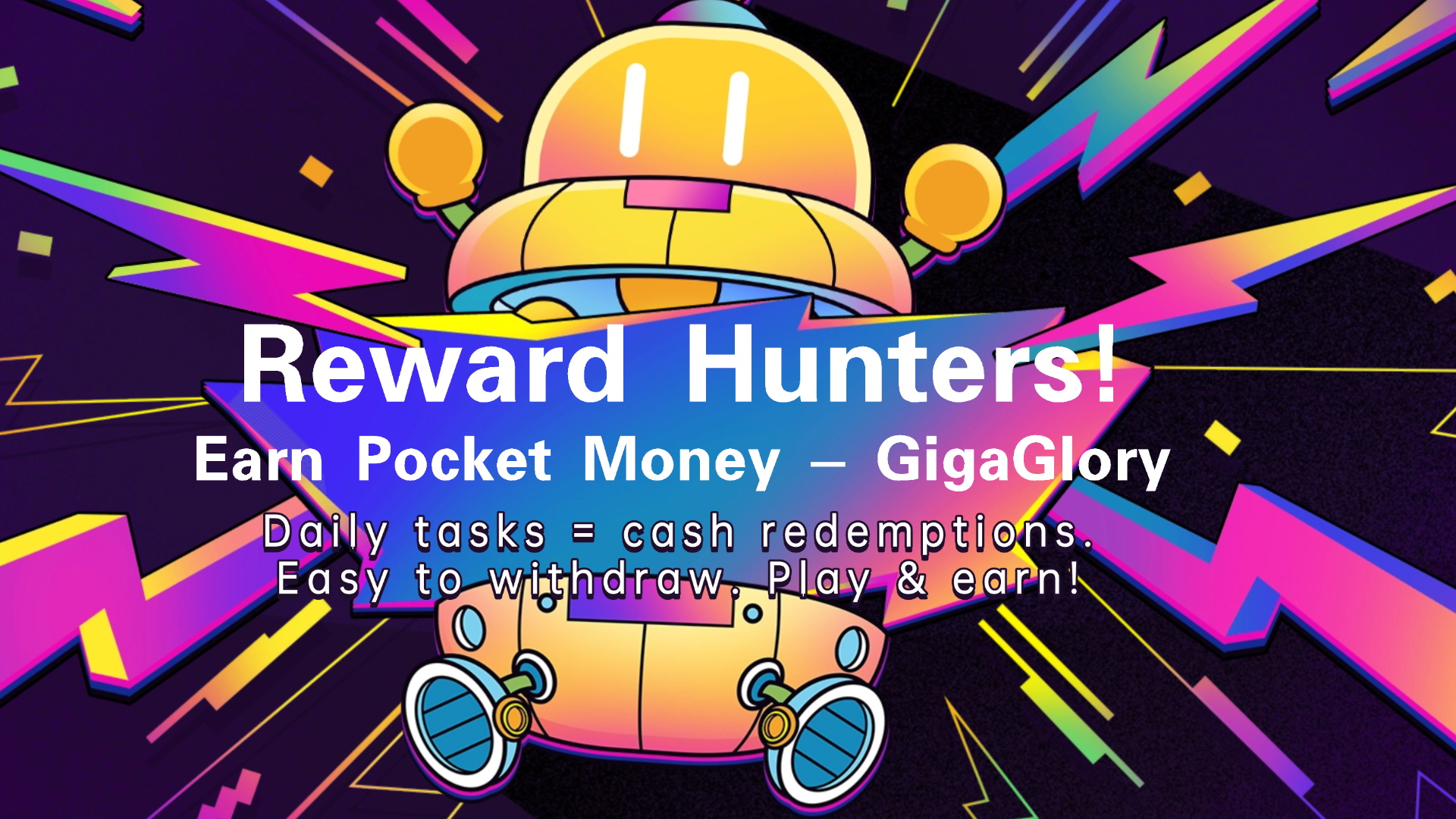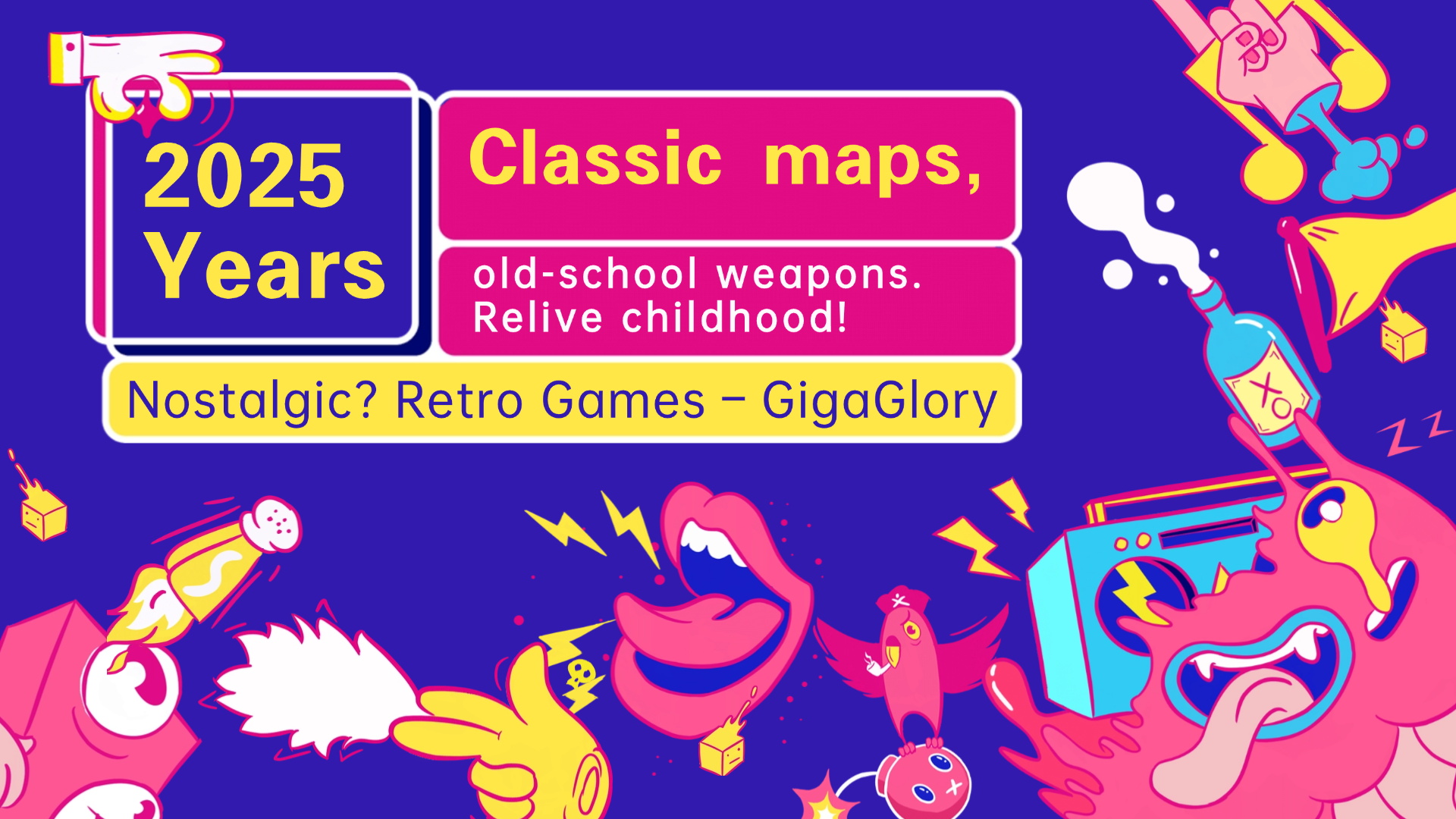Why Indie Games Are Revolutionizing the Gaming Industry: A Deep Dive into Creativity and Innovation
The gaming landscape is evolving rapidly, and indie games are at the forefront of this revolution. These gems often provide a fresh perspective, illuminating paths less traveled by mainstream studios. Why are indie games gaining such traction? This article explores the creative essence and innovative spirit that indie developers are investing into their projects.
Defining Indie Games
Indie games, or independent games, are created by individuals or small teams without the financial backing of large publishers. This independence allows developers to explore creative ideas far removed from traditional game norms. They embrace the mantra of "freedom to create," promoting experimentation, which is often lacking in mainstream game production.
The Rise of Indie Games
In the last decade, we've witnessed an explosion of indie games. Platforms like Steam and itch.io have provided a stage for these developers. With the success of titles like "Braid," "Limbo," and "Hollow Knight," indie developers have shown that games can be both artistic and commercially viable, challenging the notion that only blockbuster titles can succeed.
Creativity Unbound
One of the primary reasons indie games are revolutionizing the industry is their unique approach to creativity. Unlike their mainstream counterparts, indie games often tackle unconventional narratives and innovative gameplay mechanics. For instance, games like "Celeste" present not only a platforming challenge but also address mental health themes.
The Role of Innovation
Innovation is the heartbeat of indie games. Developers are constantly pushing boundaries, experimenting with new mechanics and storytelling techniques. A prime example is "Zelda: Tears of the Kingdom," which offers players intricate puzzles embedded within its world. The challenge of finding the right solution often leads to a deeper connection between the player and the narrative.
Impact of Technology on Indie Game Development
Advancements in technology have also facilitated the rise of indie games. Developers now have access to powerful development tools and distribution platforms that make it easier to create and publish games. Unity and Unreal Engine have democratized game development, allowing anyone with a creative spark to bring their vision to life.
Community and Collaboration
The indie game community thrives on collaboration and support. Developers often share resources and feedback, fostering a nurturing environment. Events like the Global Game Jam encourage collaboration, generating groundbreaking ideas in just a matter of days.
Success Stories of Indie Games
It's hard to overlook the success of indie titles that have soared to fame. Here’s a quick overview of some remarkable indie games that made waves:
- Stardew Valley: A farming simulator that achieved massive commercial success.
- Undertale: Known for its unique combat system and emotional narrative.
- Hades: A roguelike that redefined the genre and received critical acclaim.
Market Trends Favoring Indie Developers
As consumers seek authentic experiences, the market trends lately indicate a preference for indie titles. Players are drawn to original stories and retro-inspired art styles, which often resonate with their nostalgic feelings. Moreover, platforms like itch.io provide an easily accessible venue for users to discover and support indie developers.
The Case for RPG Horror Games
A significant subgenre within indie games is the RPG horror genre. Games on platforms like itch.io are pushing creative boundaries while delivering spine-chilling experiences. Developers are exploring unique narratives that integrate horror elements with role-playing mechanics. This fusion creates captivating, immersive worlds. Titles like "Mad Father" and "Ib" demonstrate how indie RPG horror games are capturing players’ imaginations.
The Business Model of Indie Games
Indie game developers typically embrace unconventional business models. Many opt for a "pay-what-you-want" strategy, allowing players to contribute according to their means or enthusiasm for the game. This novel approach illustrates a shift away from traditional retail methods, reinforcing community connections.
Addressing Challenges in Indie Game Development
Despite their successes, indie developers face significant challenges. Limited budgets often lead to constraints in marketing and development resources. Moreover, they must compete with blockbuster games that dominate visibility. To combat this, many indie developers turn to social media and crowdfunding to bolster their outreach.
Creating Memorable Experiences
Indie games often prioritize creating memorable experiences over commercial success. They tap into deep emotions, utilizing innovative storytelling techniques to leave a lasting impact on players. Titles such as "Journey" and "Spiritfarer" exemplify this ethos, guiding players through emotional and aesthetic landscapes.
The Future of Indie Gaming
Looking forward, the future of indie gaming seems bright. As they continue to rise in popularity, more players will embrace the creativity and innovation these games have to offer. Additionally, as technology continues to evolve, there's no telling what new experiences indie developers will deliver.
Conclusion
In summation, indie games are not just a passing trend; they are reshaping the entire gaming industry. Their emphasis on creativity, innovation, and unique storytelling showcases the power of independent development. As we venture further into this gaming renaissance, it’s essential to support these creators, for they are the harbingers of the next wave in gaming.
| Game | Developer | Platform | Release Year | Genre |
|---|---|---|---|---|
| Stardew Valley | ConcernedApe | PC, Console | 2016 | Simulation |
| Undertale | Toby Fox | PC, Console | 2015 | RPG |
| Hades | Supergiant Games | PC, Console | 2020 | Roguelike |



